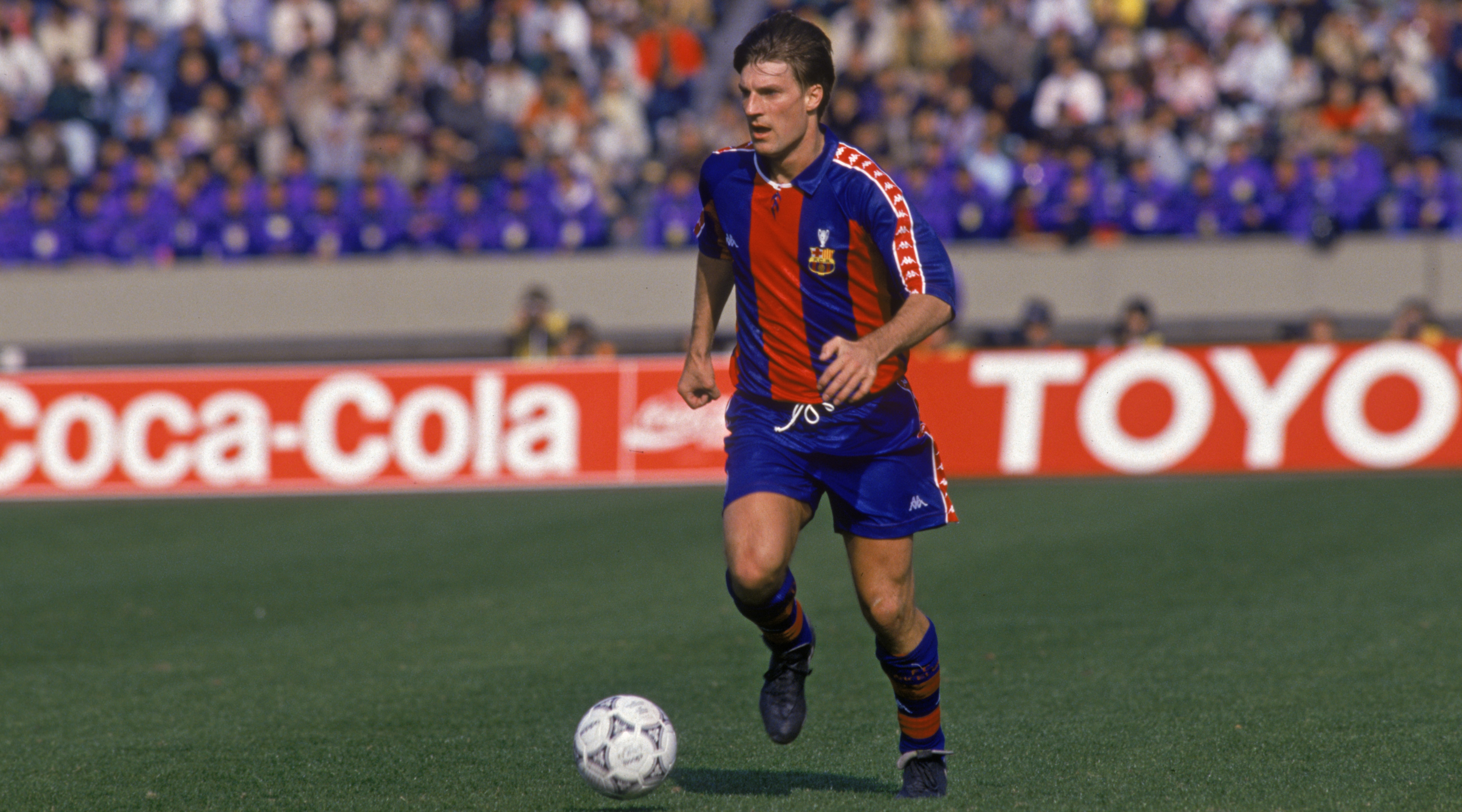Why taking Euro 2020 on the road could be 'the least worst option'
FourFourTwo.com editor Gary Parkinson wonders why the kerfuffle when a multi-venue Euro 2020 was inevitable, if not even preferable...
So the wonks have had their way. As predicted, UEFA's executive committee has confirmed that Euro 2020 will be held in a number of cities, abandoning the idea of appointing competition hosts.
The reaction has been immediate, overwhelmingly negative and, judging by FourFourTwo's Twitter mentions, rather sweary. But is it such a disaster?
Football fears change: witness the boot-dragging over the introduction of goal-line technology, not to mention the reaction to the expansion of the Euros to 24 teams from 2016. Entire websites and magazines are given over to grumbling that things were better in the old days. So why isn't anyone suggesting we revert to the four-team tournament that held sway between 1958 and 1976?
That might be flippant, but there are good reasons why the multi-venue idea was floated. It shares the money around more evenly, which isn't something UEFA is usually accused of. Indeed, when Wembley was awarded its second Champions League final in three years, the complaints of favouritism were long and loud â in England, let alone abroad. Although UEFA have their faults, they're inevitably damned if they do and damned if they don't. For decades, the complaint was that such organisations are fusty stick-in-the-muds unwilling to try something new.
Yes, to an extent the multi-venue tournament will take away from the "event" nature of the Euros for match-going fans, but that has been getting diluted for decades. Euro 2020 will mark the 20th anniversary of the first co-hosted tournament, in Belgium and the Netherlands; 20 years before that, Euro 1980 in Italy was the first to feature more than four teams â previous tournaments had been over within five days. In other words, the multi-country idea has been around half as long as the Euros proper.
Euro 2012 was a case in point, the hosting honours being shared between Poland and Ukraine. 'Polkraine' was a marriage of convenience for the two hosts, but inconvenience for the fans: there's nearly 1000 miles between host cities Wroclaw and Donetsk, and many fans opted not to take on the logistical inconvenience of travelling.
The best features, fun and footballing quizzes, straight to your inbox every week.
The problem for UEFA is that there simply aren't many candidates. England and Germany don't bother bidding for the Euros, concentrating instead on World Cups. Of the other nations regarded as 'major', France are hosting Euro 2016 (for a record third time, prompting accusations of favouritism at Platini), while Spain and Italy are too unsure of their financial futures to bid.
Indeed, the uncertain fiscal future hangs like a fist over such tournaments, which usually require massive investment and frequently raise questions about the hosts' ability to fulfil their duties. With the Eurozone almost constantly on the verge of breaking up, why would countries take the risk of loading themselves with a massive financial responsibility?
The last few years have seen several potential Euro 2020 hosts withdraw their candidacy, whether or not it was ever officially announced. Turkey had expressed an interest, but withdrew when Istanbul made the three-city shortlist for the 2020 Olympics. Others to withdraw after murmurs of interest include Belgium, the Netherlands, Bulgaria/Romania, Hungary/Romania and Croatia/Serbia/Bosnia-and-Herzegovina.
That left only two tenders, both joint bids: Scotland, Wales and the Republic of Ireland on one hand, and Azerbaijan and Georgia on the other. Fine countries all, but against that background UEFA's multi-venue decision starts to make more sense.
Most countries simply don't want to host the Euros, and the exceptions usually don't have the infrastructure to do it alone, leading to ersatz groupings and forced camaraderie. Taking the show on the road minimises risks to the hosts, multiplies the options for travelling fans â and might even make the tournament more interesting.
Gary Parkinson is a freelance writer, editor, trainer, muso, singer, actor and coach. He spent 14 years at FourFourTwo as the Global Digital Editor and continues to regularly contribute to the magazine and website, including major features on Euro 96, Subbuteo, Robert Maxwell and the inside story of Liverpool's 1990 title win. He is also a Bolton Wanderers fan.
 Join The Club
Join The Club





